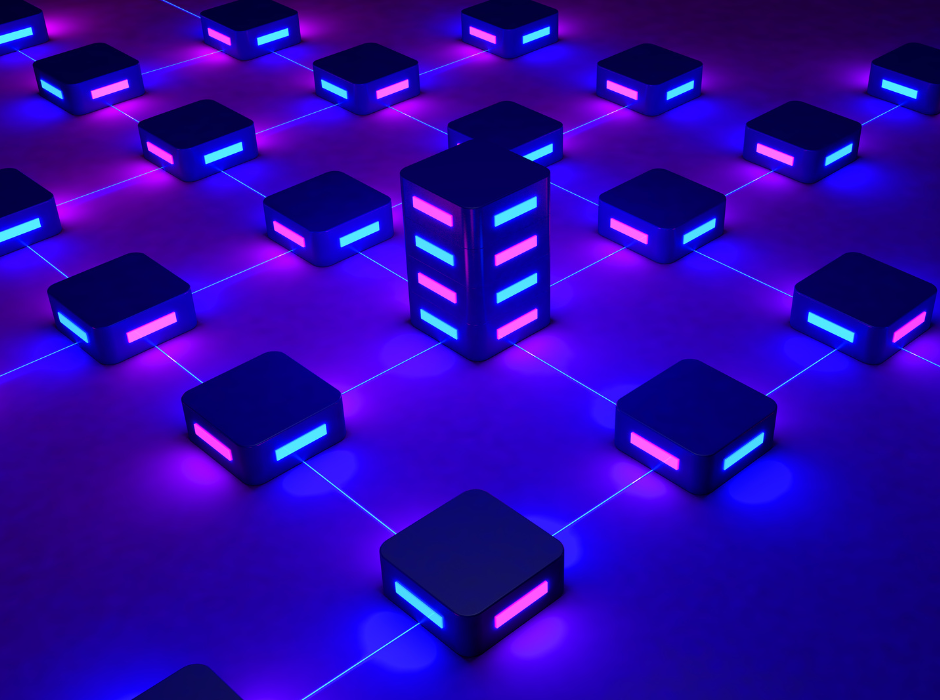
Food traceability
Traceability is the ability to trace a product through all stages of its life cycle, from its origin to its arrival at the consumer. Our integrated traceability service combines food and production process traceability. It makes it possible to follow the path of a food product through all stages of production, processing and distribution, guaranteeing food safety and enabling a rapid response in the event of contingencies. With the implementation of Blockchain and the Alize tool, we offer a detailed and transparent view of the production process and the supply chain. By scanning the product label, customers have access to vital information, from its origin, ingredients, route, actors involved, to detailed descriptions, images and videos of the production process. This solution is essential for sectors ranging from supermarket chains to e-commerce, ensuring transparency, trust, efficiency, cost reduction and customer loyalty.
Process certification
Blockchain technology provides robust solutions for certifying the authenticity, origin and quality of processes linked to products, documents, securities and services. In industry, it enables companies to ensure compliance with quality standards in real time, connecting customers directly to production records and providing transparency in per-item control. For products and documents, it ensures their legitimate ownership and veracity, and is essential for third-party data verification. Educational institutions benefit by issuing and validating titles securely and permanently, preventing fraud and facilitating the transfer of credits. Smart tags, on the other hand, guarantee the authenticity of products by preventing counterfeiting and certifying their status. In addition, asset tokenisation guarantees the exclusivity of limited series. These solutions are essential in various sectors, from education to industry, as well as in human resource management.


Carbon footprint
Blockchain technology provides detailed traceability of the carbon footprint of products, allowing companies to monitor and manage their CO2 emissions in the supply chain or in their regular processes. By collecting information and integrating sensors, accurate digitisation of emissions is ensured. With the inclusion of a QR code, it provides transparency to consumers on product emissions, aligning certification with current regulations and sustainability demands.
Tokenisation
Tokenisation is the process of converting physical assets into digital representations through Blockchain technology creating new business models. These digital representations, or tokens, maintain the value and authenticity of the original asset in a secure digital format. By using Blockchain, the integrity, uniqueness and ownership of the asset in the digital environment is guaranteed. The incorporation of a QR code allows users to access detailed information about the asset, providing transparency and confidence in its authenticity. This solution responds to the needs for security, efficiency and transparency in asset management in the digital world.


ALIZE Platform
This platform by means of an API can connect the relevant data of a company and store them in a Blockchain database, in this way the technology acts as a digital Notary that attests to different facts such as the "time stamp, geolocation" or certain values that prove that a certain process has been carried out in the optimal way for the client or end consumer. The Alize platform allows actors in the supply chain and end customers to connect to the platform to check the data of their production process or product, from any device and from anywhere in the world in real time. And with the absolute certainty that the data has not been manipulated.

